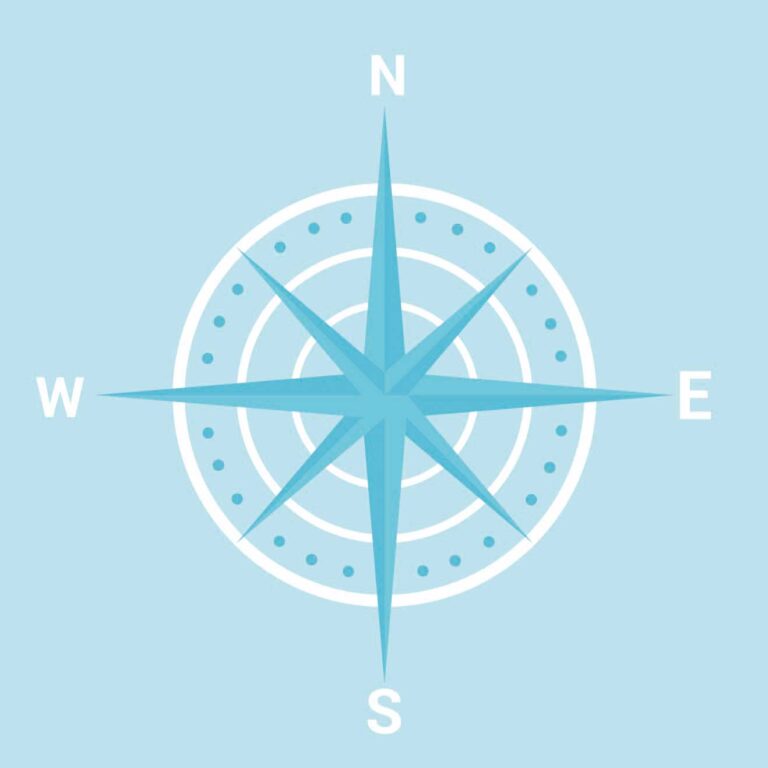How to Find a Job in Yachting
How to get a job working on luxury yachts: seven steps to success
Let’s start with the basics. What is a superyacht or super yacht (we favour the superyacht spelling) exactly, where do they operate and when are they at their busiest? Then we can look at how you can get a job aboard a superyacht.
A Superyacht is a luxury motor or sailing yacht professionally crewed and with a loadline of over 24 metres. These vessels are normally either run as private boats for the boat owners or as charter yachts, sometimes a mix of both.
There are two main charter seasons for superyachts. The Mediterranean summer season, from April to September inclusive, and a winter season in the Caribbean, from December to March inclusive. On top of that, there are some superyachts in the Far East, some cruising the Pacific, Scandinavia and the UK. Others are based in Australia and New Zealand, and a few exploration/marine research vessels cruise around the world as well.
The major Mediterranean cruising grounds are France including Corsica, Spain including the Balearics, Italy and offshore islands, the Greek Islands, Croatia and Montenegro.
The major Caribbean Islands are St Maarten, Antigua, St Barts, Grenada and the Grenadines, the Bahamas and Bermuda.
All these boats wherever they are will need crew. There are a number of crew jobs you can apply for, with differing levels of experience demanded of suitable candidates. Crew positions range from deck hands (either on a permanent or day work basis), yacht chefs, stewards and stewardesses, engineers and officers (all the way up to captain).
Here are our seven top tips for getting a job aboard a superyacht:
1. Do your homework. Is this the job for you?
First of all, ask yourself what exactly it is you’re looking for. Are you looking for a short-term seasonal job, to earn some extra money, or are you looking for a potential career in the industry? Be clear in your mind before you start looking for work, so you don’t waste your time looking at unsuitable jobs.
Superyachts look extremely glamorous and potentially travel all over the world. However working on board is not the same as being a guest.
On the positive side, you will get paid to travel, meet people from all over the world, all your living expenses on board will be paid and in many cases your salary could be tax-free, so you get to keep most of it to spend or save.
However, work in the yachting industry, particularly at entry level, is physically very demanding, often monotonous with long, unpredictable hours. You also don’t get to go home at the end of the day and you will be living in close quarters with your workmates, far from home, for long periods.
Are you OK with that? Then let’s go on to the next step.
2. Do you look the part?
Check your appearance. Do you fit the industry profile?
Most boat owners or yacht management companies have a fairly conventional approach to the appearance of yacht crew. Think: fit and healthy. So this is how you need to look too. If you look at a few yacht magazines, you won’t see unusual hair colours or styles, facial ironmongery or tattoos. If you do have tattoos, make sure they aren’t (or at most only slightly) visible in a yacht uniform, which is often a polo shirt and shorts.
3. Qualifications
You must have proper crew training, if you want to work in the yachting industry. You’ll need to complete a Standards of Training, Certification and Watchkeeping (STCW) programme. This is a set of mandatory training courses for anyone who wants to work on a superyacht. At least some of these courses are available online and also in most major yachting centres, for example in Antibes (France), Palma (Mallorca), and Warsash (UK).
You will also need to pass an ENG1 medical. To increase your employment possibilities, you could arrange a medical yourself. However, most boats will send you for one, once they make a job offer.
This medical needs to be done by an approved doctor and renewed every two years.
4. Are you in the right location and dock walking?
If you aren’t already in a yachting centre, you need to get there. Once you have established your yachting career, this won’t be so important. You’ll be able to apply for jobs from home. But as a newbie, you need to be on the spot.
The Mediterranean season starts at Easter, so hiring usually commences in March/April. The areas to go to are the Cote D’Azur in France and Italy, or Palma in Mallorca and Barcelona in Spain.
Once you’ve arrived, you should sign up with as many local crew agencies as you can, but you should also go dock walking. This means, early each morning, walking the dock in a particular port and asking each boat if they need an extra crew member for the day/few days. Eventually, someone will say “Yes” and you will start to build up some experience of the industry while looking for a more permanent job. Ports on the Cote D’Azur for dock walking are:
- Imperia and San Remo (Italy)
- Port Hercule (Monaco)
- Port de Fontvielle, Cap D’Ail, Nice, Antibes, Golfe Juan, Cannes, St Tropez (France)
- Club de Mar (Mallorca)
- Porto Adriano, Puerto Portals, Barcelona Port Vell (Mainland Spain)
5. Where to stay and socialise
Most major yachting centres have crew houses where you can stay while looking for work. Make sure you stay in one of these. This should be a great opportunity to make some contacts and you may hear of a job at short notice. Yachts quite often need someone very quickly, so if you are on the spot this could be you!
You are probably on a restricted budget, but after working hours you must go out and about. Do check out where yacht crew are socialising locally and make sure you go there too. Again, it’s a great opportunity to make contacts and someone you meet may know of an available job. It is vital that you keep yourself out there as much as possible and make as many contacts as you can.
6. Don’t forget online job prospecting
There are quite a few yacht crew Facebook groups you can join. You are probably not looking for work all on your own, so are you swapping information with friends on Facebook and Whatsapp and other social media? Crew agencies charge for crew placement, so there are boats that like to put messages on Facebook or other social media to try and find crew more cost efficiently.
7. You have an interview!
Whether your interview is with a crew agent or yacht representative, make sure you look like a professional yacht crew for your interview. Arrive in advance and ensure you have as many of the documents requested as possible.
When you are being interviewed make sure you emphasise any additional skills you have that could be useful on board. Are you a divemaster? Do you have hairdressing or hospitality experience? Do you have any sailing experience or speak any foreign languages? Even if you aren’t a chef, could you step in and prepare crew food if necessary? Etc, etc? Any additional skill could give you the edge of other applicants.
Also, do you have an EU passport? If you do, make sure the crew agent/yacht representative is aware.
Keep searching for that superyacht job
If you don’t land the first job, keep going, don’t give up. In yachting, persistence and energy are the key. Eventually you will get your break into the industry.
Welcome to yachting.
To find out how you can make the most of your yachting career and completely change your life in the most exciting way possible, please click here: The Unique Financial Opportunity of Yacht Crew. Or get in touch:





